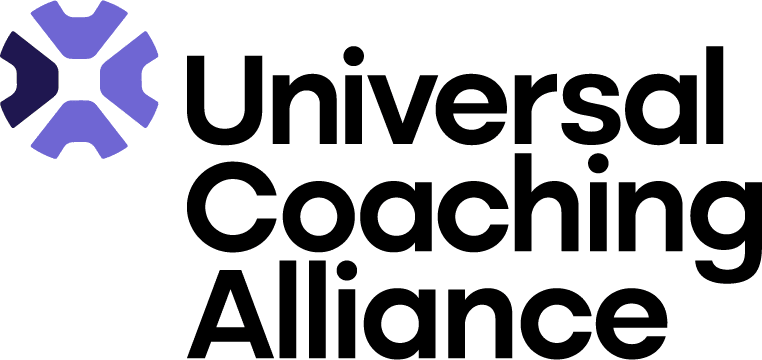A personal Journey…
This article is primarily focused on ways a coach can increase their income and/ or be financially sustainable. I wrote it as often when I speak to Coaches, they say they love what they do and they’re not in it for the money.
I understand what they mean, because I feel the same (I think!) What I would say for me is if my coaching practice wasn’t sustainable from a financial perspective, despite my love for it and my belief in its value, I would focus my energy elsewhere. So, with that being said, as you read, please take it as a given that we all love being coaches and helping others.
In the world of coaching, our success often hinges on the ability to adapt to our clients’ needs and continually grow. And therefore, for me, the role of receiving coaching supervision cannot be overstated.
Initially I perceived supervision as an inconvenience on my time, and something that got in the way of billable work, however I ‘had’ to do it for accreditation purpose or to fulfil my requirements as an associate coach. However, my thoughts on supervision have evolved and I now consider it an invaluable resource that supports me to enhance my skills, develop more self-awareness, and build my confidence which ultimately increases my income.
This shift came about from a particular supervision session that gave me powerful insight about how my clients perceived me versus how I perceived myself. This insight led me to see that I had an underlying negative perception of my ‘perceived self’ (how I thought my clients saw me). This perception was in my blind spot and would not have come about if I were not reflecting on my practice and relationship with my clients. Essentially, I had imposter syndrome which was formed by the way I interpreted several instances earlier on in my career, and I hadn’t realised that imposter syndrome had followed me.
This insight helped me to switch a deep underlying limiting belief that I wasn’t credible enough to work with the clients I do, to a belief that many of my clients were excited to have me as their coach (as I had received this feedback multiple times, and never ‘registered’ it. This realisation instilled a greater sense of confidence in me and propelled me to new heights of success. Armed with a clearer understanding of my strengths, uniqueness as well as an exposed blind spot, I was able to attract higher-paying clients and command higher fees for my services.
I imagine if someone is reading this and it’s resonating with them will ask “how?” You may be curious on how greater belief in self leads to higher income? I don’t think I ‘fully’ know the answer. What I do know is confidence is more often than not seen as synonymous with competence, and therefore people believe confident people are competent. This would lead to clients being attracted to you. Confidence in self also helped me to see my value which enabled me to raise my prices and believe in them.
From my perspective, as something shifted in me, I also felt I produced different results. I saw my clients getting more and greater breakthroughs through our sessions, I’m also a trainer/ facilitator and speaker, and I saw shifts in those areas too. And in all three of those areas (coaching, facilitating and speaking) I saw a sharp increase in the levels of referrals/ recommendations to other clients, repeat work from existing clients and being head hunted and/ or put forward for opportunities in all of those disciplines.
At its core, attending coaching supervision is about more than honing coaching skills; through gaining clarity and increasing self-awareness, although these things are absolutely necessary. It’s about the relationship between you and your clients, and I found the latter to be more important than the former in generating income.
To conclude, I used my personal journey to outline how coaching supervision can increase your income. The aim of this article to move away from the notion that ‘coaching supervision is just a professional obligation’. I feel this perception will shape your reality and therefore you run the risk of ‘only’ experiencing it as a professional obligation. My perception of coaching supervision is that it’s a strategic investment into my career/ business and financial future, and that perception causes that reality to occur. I believe by embracing supervision, coaches can unlock their full potential, enhance their skills, and increase their income. It’s a win-win proposition that pays dividends not only in the short term but also in the long term, as coaches build a reputation for excellence and attract a steady stream of clients.
As the Director of People Development and Innovation, at the Universal Coaching Alliance (UCA) I have taken a special interest in a selection of Coaching Supervisors that we accredit and offer to clients. If you would like to connect with one of these supervisors or learn more email membership@universalcoachingalliance.org
Next Steps:
Events:
Review the Events Calendar to find events relating to this theme
Resources:
Book: Coaching Supervision – A Practical Guide for Supervisees by David Clutterbuck, Carol Whitaker and Michelle Lucas
